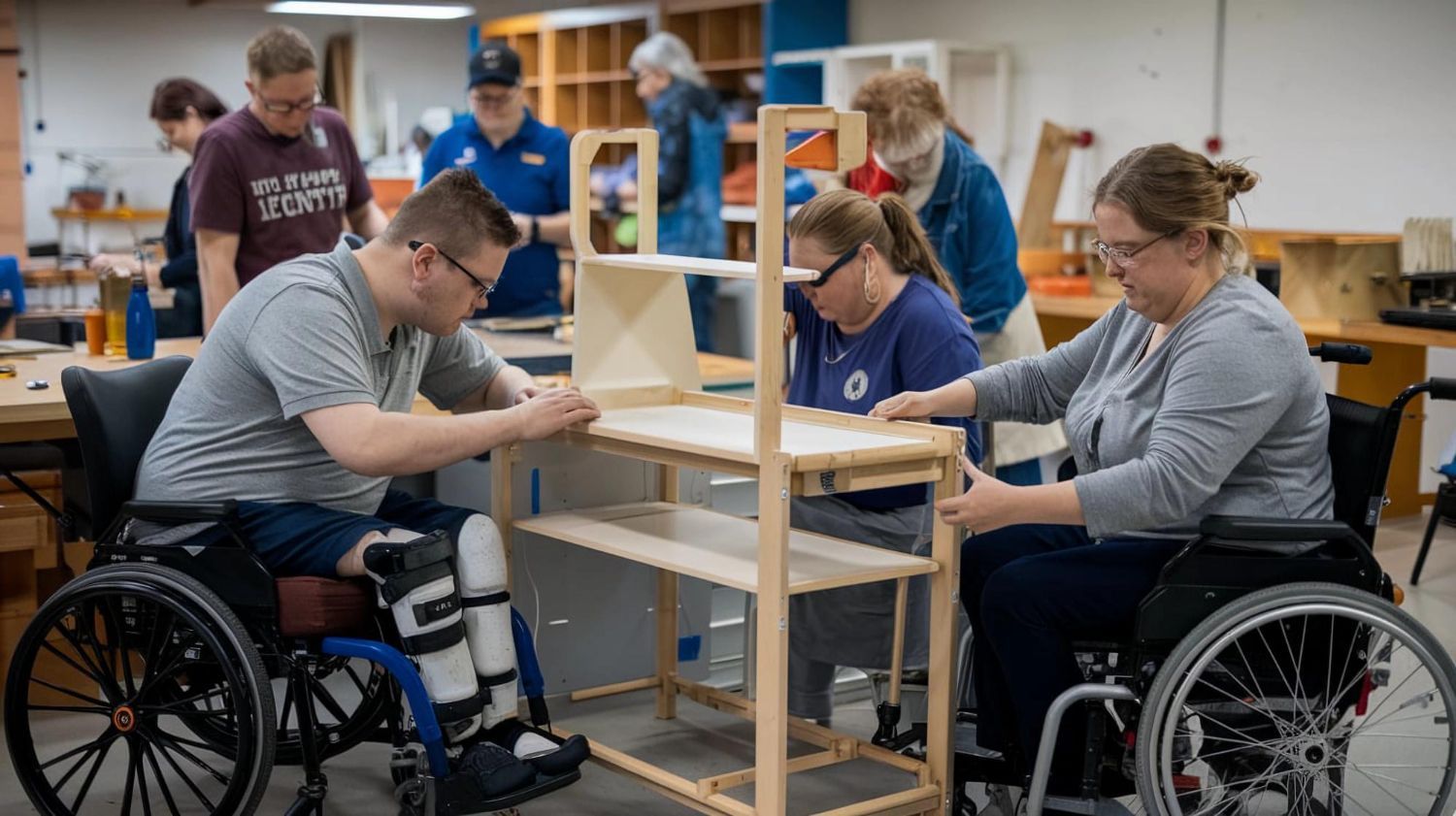Bridging the skills gap in disability support: training and development for the NDIS workforce
The National Disability Insurance Scheme (NDIS) has transformed the way disability support services are delivered across Australia. By focusing on choice and control for participants, the NDIS has created opportunities for people living with disability to access tailored support. At the same time, this system has highlighted one of the most pressing challenges in the sector: a shortage of skilled and qualified disability support workers.
With demand for services continuing to grow, bridging the skills gap has become critical. For providers, agencies, and support staff, investing in training and professional development is not only about meeting compliance requirements but also about ensuring participants receive safe, high-quality, and person-centred care.
Why the NDIS workforce needs upskilling
The NDIS workforce is unique in that it spans a wide range of roles, from personal care assistants and support workers to allied health professionals and nurses. Each of these roles requires a balance of technical knowledge, practical skills, and human qualities such as empathy, patience, and cultural awareness.
However, workforce studies show that many disability support workers enter the sector with limited formal qualifications or with prior experience in unrelated industries. While enthusiasm and compassion are valuable, structured training is essential for equipping workers with the capabilities required to meet the complex needs of participants.
Skills gaps often emerge in areas such as:
- Complex care support – Assisting participants with high medical needs or challenging behaviours.
- Assistive technology use – Training in devices and systems that promote independence.
- Regulatory knowledge – Understanding NDIS Practice Standards, compliance, and reporting requirements.
- Soft skills – Communication, conflict resolution, and cultural competence when supporting diverse participants.
Addressing these gaps through targeted learning opportunities ensures that workers can provide more effective, safe, and empowering support.
The role of micro-training and continuous learning
One of the most effective ways to upskill the NDIS workforce is through flexible, bite-sized learning. Micro-training programs and short courses allow workers to quickly gain knowledge in specific areas without needing to step away from their daily roles for extended periods.
For example, short workshops on behaviour management, infection control, or medication administration can be offered online or in hybrid formats. These allow workers to immediately apply what they learn, while gradually building their professional capabilities.
Continuous professional development also creates a culture of lifelong learning within disability support. Workers feel valued when their growth is supported, which improves retention in a sector often challenged by high turnover.
Employer and agency responsibility
NDIS providers and staffing agencies both have an important role to play in bridging the skills gap. It is no longer enough to simply recruit workers and place them into roles; agencies must also ensure their staff are prepared and supported.
This can include:
- Structured onboarding that introduces workers to both compliance requirements and the organisation’s values.
- Mentorship programs where new workers shadow experienced colleagues to build confidence.
- Access to accredited training such as Certificate III in Individual Support or Certificate IV in Disability.
- Upskilling pathways for workers seeking to specialise in areas like mental health, complex care, or community participation.
By creating these opportunities, agencies like Pathway Talent help to build a workforce that is not just job-ready but also career-driven.
Benefits for participants and providers
When disability support workers are well trained, everyone benefits. Participants gain from higher standards of care, better safety outcomes, and more tailored support. Skilled workers are also better at promoting independence, which aligns directly with the goals of the NDIS.
For providers, investing in training enhances service quality and compliance with regulatory standards. It also helps build a reputation as a trusted organisation that values both its staff and its participants. Over time, this leads to stronger retention of workers and greater confidence among participants and their families.
Building a future-ready NDIS workforce
The NDIS is still evolving, and so are the demands on its workforce. As technology becomes more integrated into service delivery, digital literacy will also become a core skill for support workers. From using apps to track care plans to engaging in telehealth services, the disability support workforce must be ready to adapt to these changes.
To meet these future challenges, agencies, training organisations, and providers must collaborate to design accessible, flexible, and relevant training programs. This collaboration ensures the workforce is sustainable, skilled, and capable of delivering high-quality care well into the future.
Conclusion
Bridging the skills gap in disability support is about more than meeting immediate staffing needs. It is about building a resilient, skilled, and compassionate workforce that can uphold the values of the NDIS and provide participants with the best possible quality of life.
At Pathway Talent, we believe in supporting workers at every stage of their journey—whether through initial training, continuous upskilling, or career development pathways. By investing in people, we create a stronger foundation for the future of disability support services across Australia.











